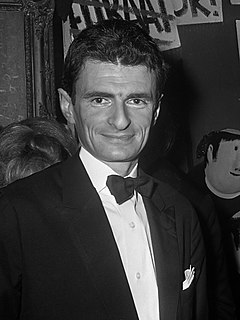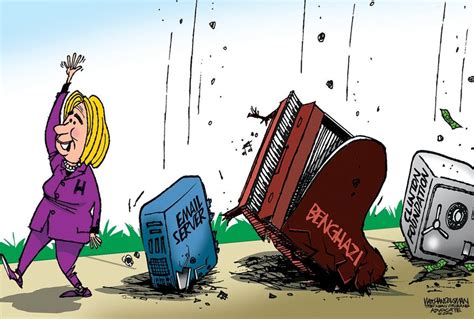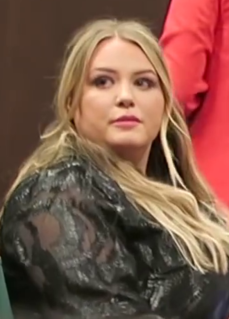A Quote by Paul Conrad
I have no idea what readership is of written editorials, but it doesn't come anywhere close to the readership of editorial cartoons.
Quote Topics
Related Quotes
We, in the New York Times, have not yet figured out how to grow our international readership. We started a website in China, which the Chinese government has blocked, but it has a pretty healthy readership. The Guardian, for instance, has gotten tremendous growth through its website in the US. We have to figure out how to go after readership in different parts of the world.
I think The New Yorker's cartoons aren't very political because the people who do the cartoons aren't awfully political people, and they aren't paid to be political. I think editorial cartoonists are. That's what they do. They probably have a great natural interest in politics, and then they are paid to do it, so they sort of have to hunt out these ideas. I admire editorial cartoons, but I'm also sort of happy that I don't do them because I'd hate to have to label things and I'd especially hate, more than anything, to label something Dennis Hastert or Mark Foley.



































